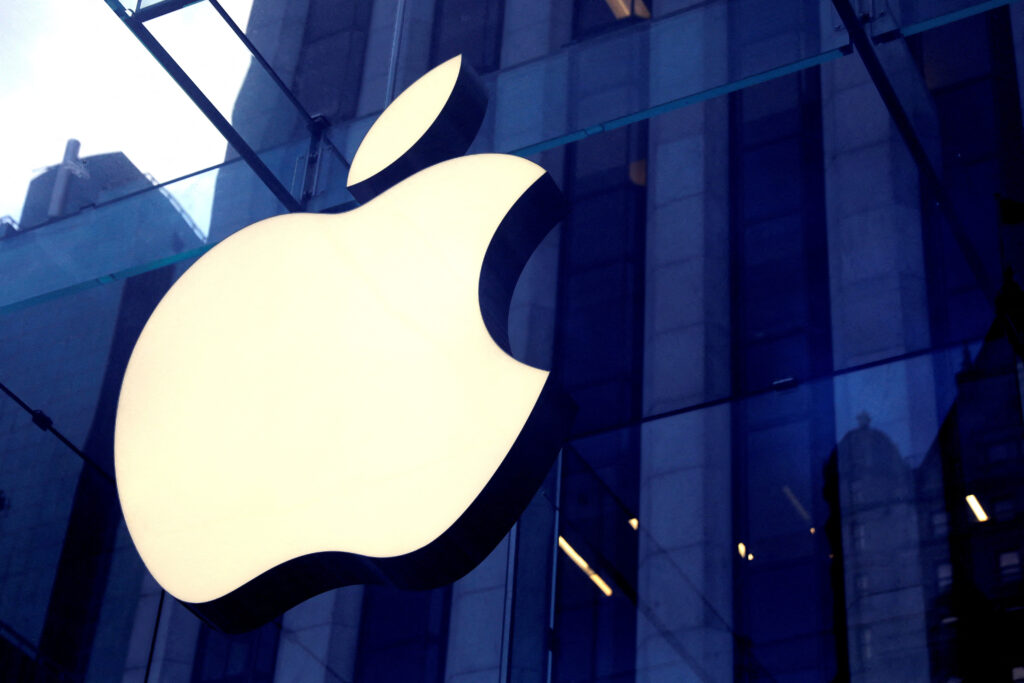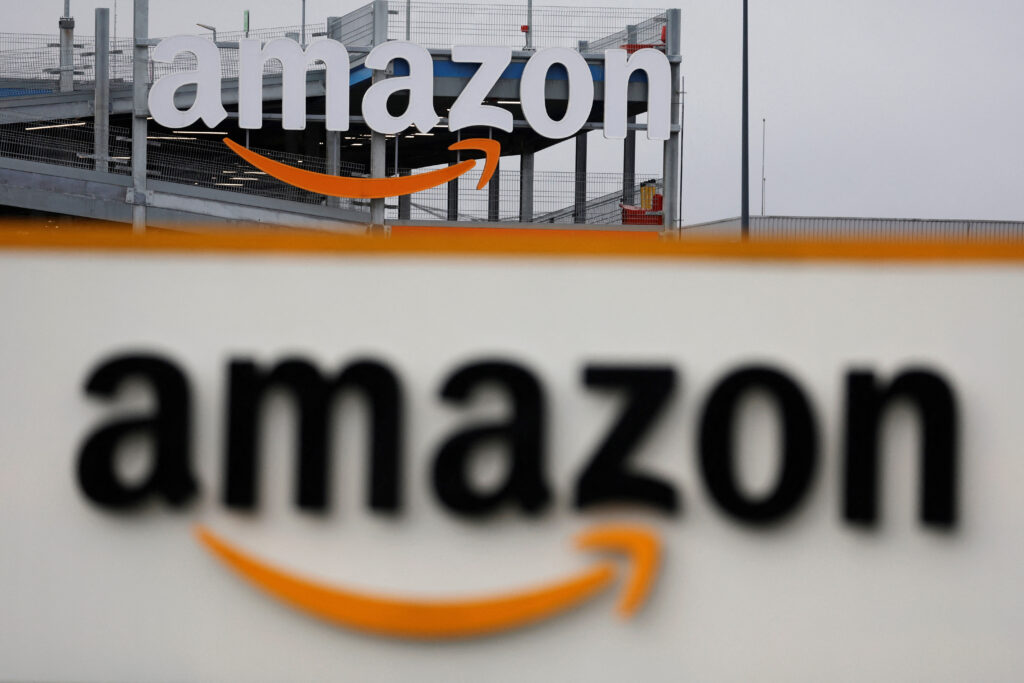Apple stock fell sharply on Wednesday after reports emerged that Chinese government agencies have officially banned their staff from using the iPhone and other foreign-branded devices in the workplace.
The Wall Street Journal, citing anonymous sources familiar with the matter, reports that employees at some central government regulatory bodies have been directed to stop bringing foreign gadgets into the office. However, the extent of these orders remains unclear, adding an air of uncertainty to the situation.
Following the news, Apple stock took a severe hit, plummeting by as much as 4% to $182.13 in New York on Wednesday. This marks the most substantial intraday drop since August 4th. Before this setback, Apple Inc. (NASDAQ: AAPL) had been on an impressive 46% year-to-date run, buoyed by the broader surge in tech stocks.
China represents Apple’s primary international market, and the company has enjoyed immense popularity there despite growing tension between the United States and China over technology and trade issues. iPhones remain among the top-selling smartphones in China, prevalent in government institutions and the private sector.
However, this recent ban on foreign devices is no surprise, given China’s long-standing stance against such gadgets in sensitive government agencies. Beijing has been actively seeking ways to reduce its reliance on US technology, making this move a part of its broader strategy.
In 2022, Beijing issued directives for central government agencies and state-backed corporations to replace foreign-branded personal computers with domestic alternatives within two years. This marked one of the most aggressive efforts to eliminate foreign technology from sensitive government entities.
On the other hand, the Biden administration has been actively seeking to restrict exports of cutting-edge semiconductor equipment to China. In addition, Semiconductor Manufacturing International Corp., the top chipmaker in China, has faced scrutiny for its ties to Huawei Technologies Co. – a company blacklisted by the U.S.
Despite the strain in U.S.-China relations, Apple remains heavily dependent on China. China is both a manufacturing partner and a key market for its products. CEO Tim Cook lauded that relationship during his visit to China earlier this year, calling it “symbiotic.”
Furthermore, China played a crucial role in boosting Apple’s performance in the last quarter, helping offset a generally sluggish period. The company is gearing up to unveil its latest iPhones in the coming week, which marks the beginning of its usual peak sales season—the holiday quarter.
Peter Williams, a financial writer with over five years of experience, specializes in covering stock market movements, bond markets, commodities, and macroeconomic trends.










